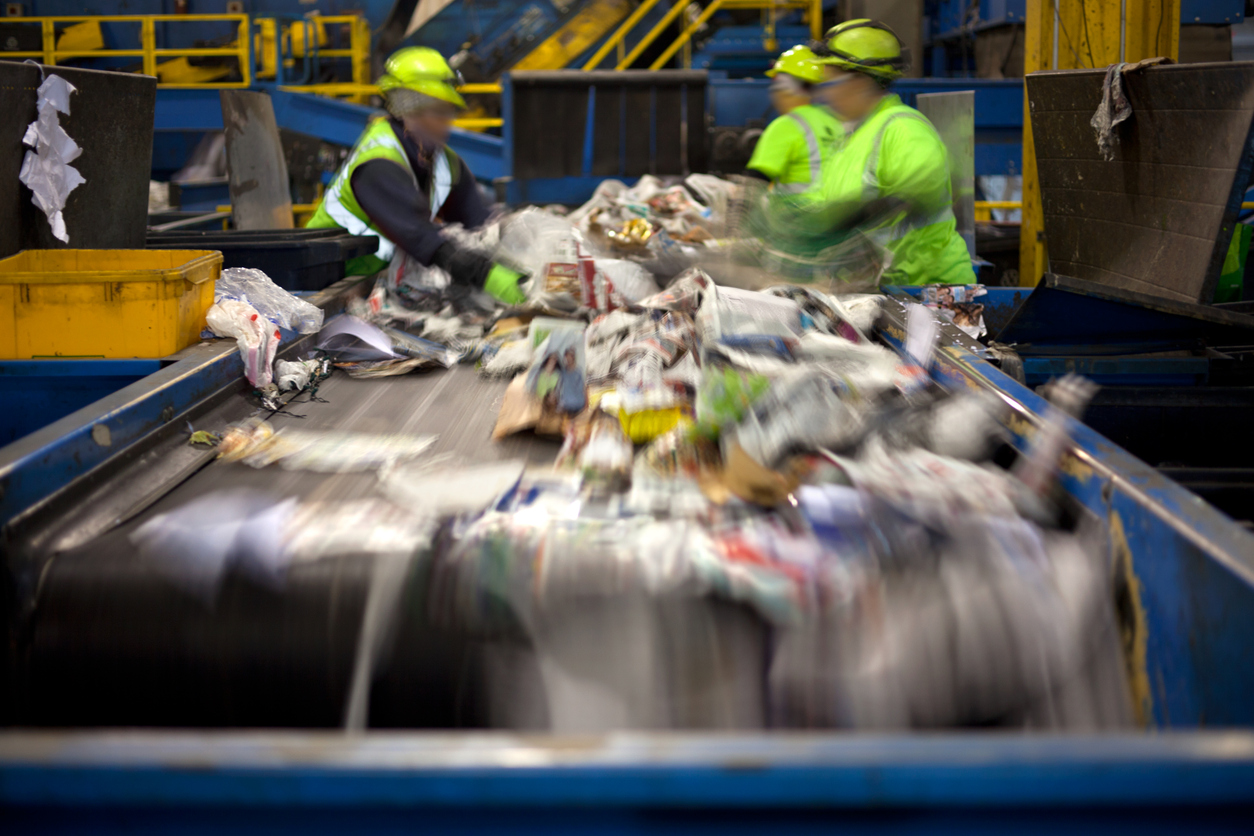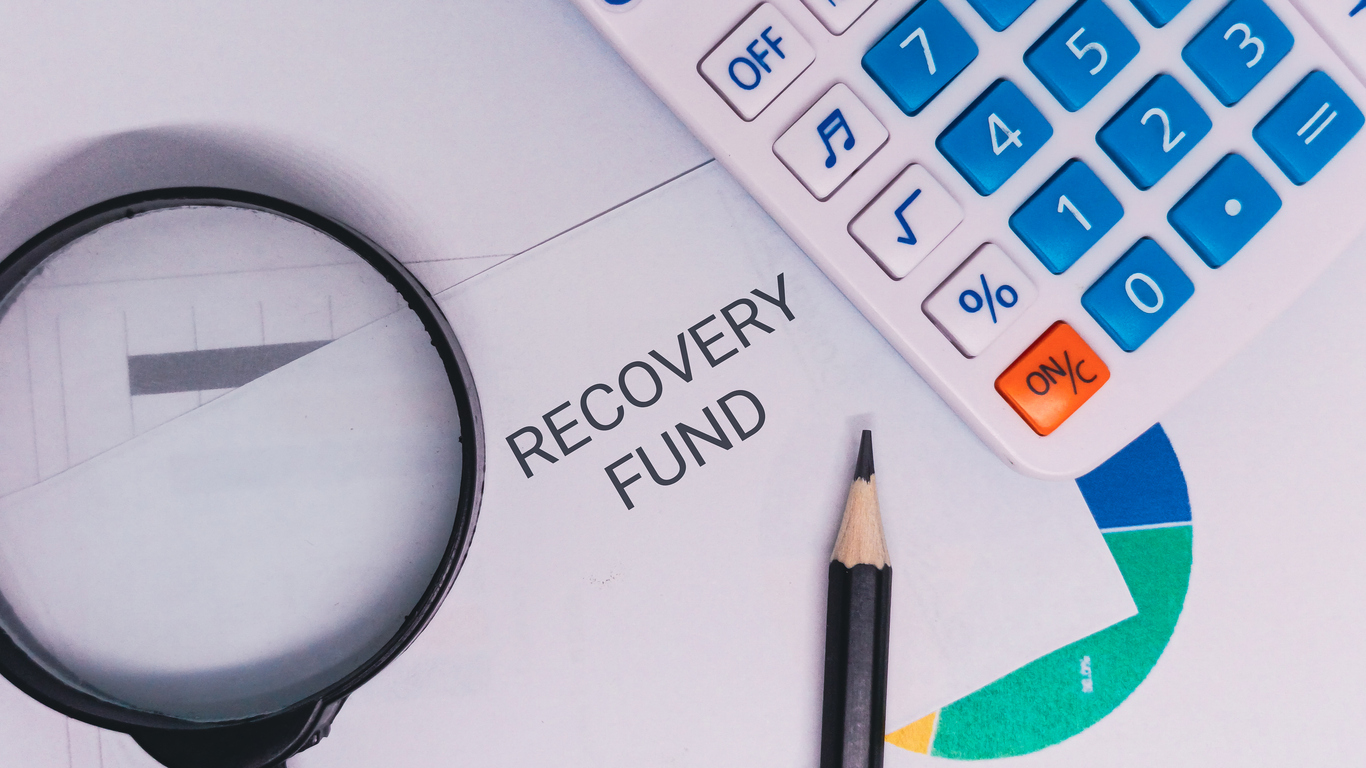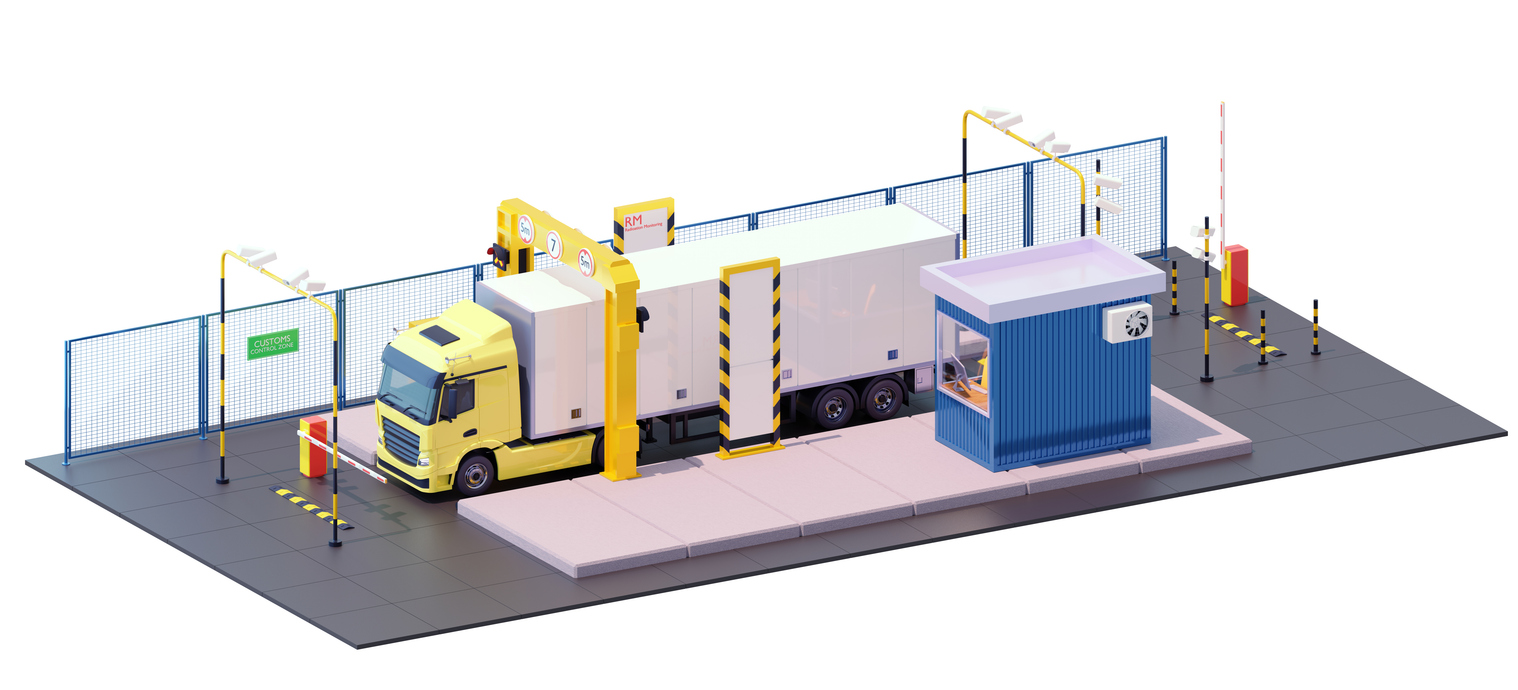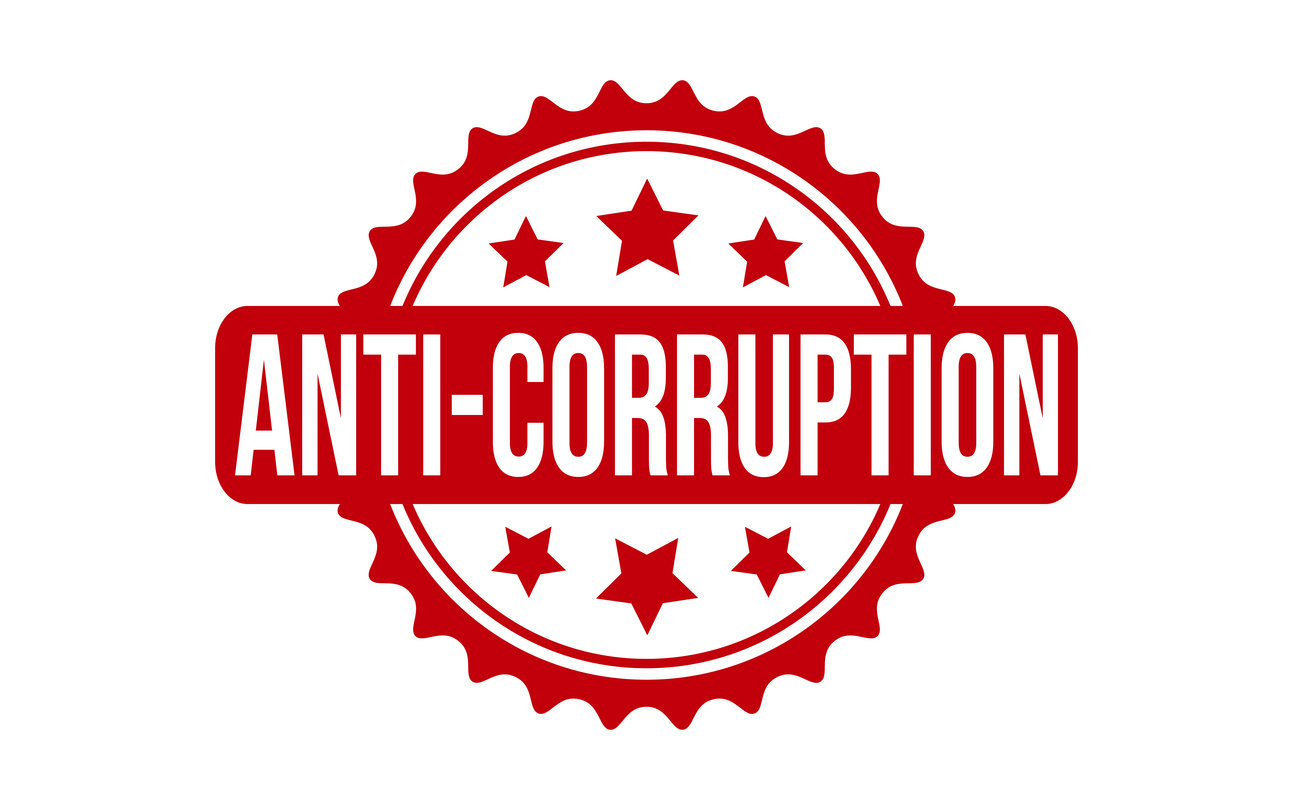Sustainable Waste Management Solutions: Partnering with Wigmore Trading in Nigeria
Sustainable Waste Management Solutions: Partnering with Wigmore Trading in Nigeria
Are you tired of seeing waste piling up in your community and harming the environment? Look no further than Wigmore Trading in Nigeria for sustainable waste management solutions that will make a lasting impact. Join us as we explore how partnering with Wigmore Trading can help create a cleaner and greener future for all. Let’s work together to tackle the waste problem head-on and pave the way for a more sustainable tomorrow.
Introduction to Sustainable Waste Management
Introduction to Sustainable Waste Management:
Waste management is a critical issue in today’s world, as the amount of waste generated continues to increase at an alarming rate. In Nigeria alone, it is estimated that over 32 million tons of waste are generated annually, and this number is expected to keep rising in the coming years (World Bank Group, 2020). Improper waste disposal not only poses a threat to human health but also has adverse effects on the environment.
Sustainable waste management is an approach that aims to minimize the impact of solid waste on the environment and promote resource conservation. It involves reducing, reusing, recycling, and recovering resources from waste materials while minimizing their negative impact. This holistic approach ensures that waste does not end up in landfills or incinerators but instead becomes a valuable resource.
One of the key principles of sustainable waste management is the concept of the circular economy. Instead of following a traditional linear model where resources are extracted, used once and then disposed of, a circular economy promotes a closed-loop system where resources are kept in use for as long as possible through reuse and recycling (Ellen MacArthur Foundation, n.d.).
The benefits of sustainable waste management extend beyond environmental protection; it also has significant economic advantages. By implementing sustainable practices such as recycling and composting, valuable materials can be recovered from waste streams instead of being lost forever in landfills. This creates new job opportunities and contributes to economic growth.
At Wigmore Trading Nigeria Limited, we recognize the importance of sustainable waste management for both our communities and our planet. As one of Nigeria’s leading suppliers of plastic packaging products and solutions since 1987, we understand our responsibility towards promoting sustainability in our operations.
Through partnerships with local communities and organizations like TerraCycle®️ – an innovative recycling company – we have developed various initiatives aimed at reducing plastic pollution by encouraging proper disposal and recycling practices among Nigerians.
We also offer eco-friendly packaging solutions made from sustainable materials such as biodegradable and compostable plastics, helping our customers reduce their carbon footprint and contribute to a more circular economy.
Sustainable waste management is crucial for preserving the environment and ensuring a healthy future for generations to come. At Wigmore Trading, we are committed to promoting sustainable waste management solutions in Nigeria through our products, partnerships, and initiatives. Join us on this journey towards a cleaner and greener Nigeria.
Current Waste Management Situation in Nigeria
The waste management situation in Nigeria is a major issue that needs urgent attention. With a population of over 200 million people, the country generates an estimated 32 million tons of solid waste per year. Unfortunately, only about 20-30% of this waste is properly managed and disposed of, leaving the remaining to pile up on streets, landfills, and water bodies.
One of the main challenges facing waste management in Nigeria is inadequate infrastructure. The country lacks proper facilities for collecting, sorting, recycling and disposing of waste. This results in uncollected garbage littering the streets and clogging drainage systems, leading to frequent floods during the rainy season.
Another major issue is the low level of awareness among the general public about proper waste disposal practices. Many Nigerians are not aware of the negative impacts their actions have on the environment when they indiscriminately dump their waste or burn it in open spaces. This contributes to air pollution and health hazards for both humans and animals.
Furthermore, there is a lack of political will and government support towards implementing sustainable waste management solutions in Nigeria. There have been few efforts made by local authorities to improve waste collection services or establish recycling facilities. This has resulted in an over-reliance on landfills as a means of disposal which has proven to be unsustainable.
In addition to these challenges, there is also a lack of proper regulations governing waste management practices in Nigeria. This has led to illegal dumping activities by individuals and companies who cut corners to save costs instead of following environmentally-friendly methods.
However, despite these challenges, there are some positive developments happening in Nigeria’s waste management sector. One such development is Wigmore Trading’s commitment towards promoting sustainable solutions for managing waste in the country.
Wigmore Trading offers innovative technologies that can help reduce landfill usage through recycling processes such as plastic shredding machines and organic composting equipment. These solutions not only reduce environmental pollution but also create employment opportunities and promote a circular economy.
The current waste management situation in Nigeria is dire, but there is hope for improvement through partnerships with companies like Wigmore Trading. With continued efforts towards infrastructure development, awareness campaigns, and government support, Nigeria can achieve sustainable waste management practices and create a cleaner, healthier environment for its citizens.
The Role of Wigmore Trading in Promoting Sustainable Waste Management
Waste management is a crucial aspect of environmental sustainability, and it plays a significant role in the preservation of our planet for future generations. In Nigeria, where the population continues to grow rapidly, the issue of waste management has become a pressing concern. In recent years, there has been an increase in awareness about sustainable waste management practices and their importance in maintaining a healthy environment.
One company that has been at the forefront of promoting sustainable waste management in Nigeria is Wigmore Trading. With over 20 years of experience in the recycling industry, Wigmore Trading has established itself as a leading provider of waste management solutions in the country. The company specializes in the collection and recycling of various types of waste, including plastic, paper, glass, and electronic waste.
The primary role of Wigmore Trading in promoting sustainable waste management is through its innovative recycling programs. These programs are designed to encourage individuals and businesses to recycle their waste rather than disposing of it improperly. By providing convenient and accessible recycling options, Wigmore Trading aims to reduce the amount of waste that ends up in landfills or polluting our oceans.
One such program is their plastic bottle buy-back scheme called “CashForTrash.” This initiative incentivizes individuals to collect plastic bottles by paying them for every kilogram they bring in for recycling. Through this program, not only does Wigmore Trading promote responsible disposal practices among citizens but also creates employment opportunities for those involved in collecting and sorting recyclable materials.
Moreover, Wigmore Trading’s efforts extend beyond just collecting and recycling waste; they also focus on educating communities about sustainable practices. The company partners with schools and community organizations to conduct workshops on proper waste segregation and ways to reduce/reuse materials before resorting to disposal.
In addition to these initiatives focused on individuals and communities, Wigmore Trading also collaborates with businesses to develop customized solutions for their specific waste management needs. By working closely with these companies, they help implement efficient methods of reducing, reusing, and recycling their waste, ultimately leading to a more sustainable operation for the businesses.
Wigmore Trading plays a vital role in promoting sustainable waste management in Nigeria. Through its innovative programs and partnerships with individuals and businesses alike, the company is making a significant impact on reducing waste and protecting the environment. With their continued efforts and commitment towards sustainability, Wigmore Trading is paving the way for a cleaner and greener Nigeria.
Types of Non-Hazardous Waste Collected by Wigmore Trading
Wigmore Trading is committed to providing sustainable waste management solutions in Nigeria by collecting various types of non-hazardous waste. Non-hazardous waste refers to any type of waste that does not pose a threat to human health or the environment. This includes solid, liquid, and gaseous wastes that are not classified as hazardous by regulatory bodies.
The types of non-hazardous waste collected by Wigmore Trading include:
1. Organic Waste: This includes food scraps, yard trimmings, and other biodegradable materials. Organic waste can be recycled through composting or anaerobic digestion processes, which helps reduce the amount of waste sent to landfills and produces valuable resources such as soil amendments and biogas.
2. Paper and Cardboard: These materials are commonly used for packaging, office supplies, and household products. They can be recycled into new paper products, reducing the need for virgin materials and conserving natural resources.
3. Plastics: Plastics make up a significant portion of our daily waste stream due to their widespread use in packaging and consumer goods. However, many types of plastics can be recycled into new products such as plastic lumber, carpeting, or clothing.
4. Glass: Glass bottles and jars are 100% recyclable without losing quality or purity. Recycling glass also saves energy compared to producing new glass from raw materials.
5. Metals: Aluminum cans, steel cans, tin cans, copper wires – these are all examples of metal wastes that Wigmore Trading collects for recycling purposes. The recycling process requires less energy than extracting metals from ores – making it an environmentally friendly option.
6.Medical Waste: Medical facilities generate large amounts of non-hazardous medical waste such as sharps containers (needles), gloves, gowns etc., which require proper disposal methods to prevent contamination and the spread of disease.
7.Electronic Waste (E-waste): Old or broken electronic devices such as computers, cell phones, and televisions contain valuable materials that can be recovered through recycling. E-waste also contains hazardous substances that must be properly disposed of to protect human health and the environment.
8.Textile Waste: Clothing and other textiles make up a significant portion of landfills. However, they can be reused or recycled into new products, reducing the need for virgin resources.
Wigmore Trading collects a wide range of non-hazardous waste to promote sustainable waste management practices in Nigeria. By partnering with us, you can contribute to preserving natural resources and protecting the environment for future generations. Contact us today to learn more about our waste management services.
How the Collection Process Works
The collection process is an essential part of sustainable waste management solutions, as it involves the proper gathering and transportation of waste materials to designated facilities for processing. In partnership with Wigmore Trading in Nigeria, we have implemented a streamlined collection process that aims to efficiently and effectively manage waste while minimizing its negative impact on the environment.
To begin with, our team conducts regular surveys and assessments to identify areas where there is a high concentration of waste. This information is then used to strategically plan the collection routes and schedules. By doing so, we can ensure that no area is left out and that all waste materials are collected in a timely manner.
Once the routes are planned, our trained staff members use specialized vehicles to collect waste from different locations. These vehicles are equipped with safety features such as GPS tracking systems and weigh scales to monitor their movements and quantities of collected waste accurately. The use of such technology also helps us optimize our routes for more efficient collections.
Furthermore, our team ensures strict adherence to safety protocols during the collection process. All staff members are provided with personal protective equipment (PPE) such as gloves, goggles, masks, and coveralls to protect themselves from potential hazards while handling waste materials. We also conduct regular training sessions on proper handling techniques and safe disposal practices to minimize any risks associated with collecting various types of waste.
Upon reaching our designated facilities for processing, all collected waste is sorted according to different categories such as recyclable materials or non-recyclables. The recyclable materials are further separated into specific types like plastic bottles or paper products before being sent off for recycling. Non-recyclable materials undergo appropriate treatment processes before being disposed of safely without causing harm to human health or the environment.
In addition to efficient collection procedures, we have also implemented measures such as community outreach programs in partnership with local authorities and educational institutions. These initiatives aim at raising awareness about responsible waste management practices among communities and promoting participation in sorting at source to improve the quality of waste collected.
Our collection process is a crucial step towards sustainable waste management solutions. Through proper planning, efficient routes and vehicles, adherence to safety protocols, and community involvement, we can effectively collect and dispose of waste materials while reducing their negative impact on the environment. Partnering with Wigmore Trading in Nigeria has allowed us to expand our reach and make significant strides towards creating a cleaner and healthier environment for all.
Benefits of Partnering with Wigmore Trading for Waste Management Solutions
Wigmore Trading is a leading provider of waste management solutions in Nigeria, offering innovative and sustainable solutions for businesses and industries. Partnering with Wigmore Trading for your waste management needs provides numerous benefits that not only contribute to a cleaner and healthier environment, but also have a positive impact on your business.
Here are some key benefits of partnering with Wigmore Trading for waste management solutions:
1. Cost-Effective Solutions:
One of the main benefits of partnering with Wigmore Trading is the cost-effectiveness of their solutions. With their expertise and experience in waste management, they are able to design customized solutions that cater to the specific needs of your business while keeping costs at bay. This can result in significant cost savings for your company in the long run.
2. Compliance with Regulations:
Waste management regulations are constantly evolving to promote sustainable practices and protect the environment. By partnering with Wigmore Trading, you can ensure that your business stays compliant with all relevant laws and regulations regarding waste disposal and recycling. This eliminates any potential legal or financial risks that may arise from non-compliance.
3. Improved Environmental Impact:
By implementing sustainable waste management practices, businesses can significantly reduce their carbon footprint and contribute towards preserving the environment. With Wigmore Trading’s advanced technologies and eco-friendly methods, you can effectively manage your waste while minimizing its impact on the planet.
4. Reputation Management:
In today’s socially responsible world, consumers are becoming increasingly conscious about environmental issues and expect businesses to do their part in promoting sustainability. Partnering with Wigmore Trading demonstrates your commitment towards responsible waste management practices, which can enhance your brand reputation among customers, stakeholders, and industry peers.
5. Focus on Core Business Activities:
Outsourcing your waste management needs to an expert like Wigmore Trading allows you to focus on what matters most – running your core business operations efficiently. Freeing up time and resources spent on managing waste enables you to concentrate on other critical areas of your business, leading to increased productivity and profitability.
Partnering with Wigmore Trading for waste management solutions provides a range of benefits that go beyond just managing waste. It is a step towards promoting sustainable practices, ensuring compliance, enhancing reputation, and improving overall business efficiency. So why wait? Partner with Wigmore Trading today and join the movement towards a cleaner and greener Nigeria.
Success Stories and Impact of Wigmore Trading’s Efforts in Nigeria
Wigmore Trading, a leading waste management company in Nigeria, has been making significant strides in the country’s efforts towards sustainable waste management. With their innovative solutions and commitment to creating a cleaner and healthier environment, Wigmore Trading has not only achieved success but also made a significant impact on communities across Nigeria.
One of the key success stories of Wigmore Trading is their partnership with local waste pickers and recyclers. These individuals were previously working in unsafe conditions, often sorting through hazardous materials without any protective gear. However, with the support of Wigmore Trading, they have been able to form cooperatives and receive proper training and equipment. This not only improved their working conditions but also increased their income as they can now sell sorted recyclable materials at higher prices.
Furthermore, Wigmore Trading’s efforts have had a ripple effect on these communities by reducing poverty levels and improving overall living standards. With stable incomes and better working conditions, these individuals are now able to provide for their families’ basic needs such as food, shelter, and education. This has helped break the cycle of poverty in many areas where waste picking was once the only source of livelihood.
In addition to empowering local communities, Wigmore Trading’s initiatives have also had a positive impact on the environment. By promoting recycling and proper waste disposal practices, they have significantly reduced the amount of waste that ends up in landfills or pollutes water bodies. This has resulted in cleaner streets and waterways, which not only benefit human health but also protects biodiversity.
Moreover, Wigmore Trading’s efforts have contributed to Nigeria’s progress towards achieving its Sustainable Development Goals (SDGs). By promoting responsible consumption and production practices through recycling initiatives, they are helping reduce carbon emissions that contribute to climate change. In addition to this environmental impact, their work also aligns with other SDGs such as poverty eradication (SDG 1) and decent work (SDG 8).
Wigmore Trading’s success and impact in Nigeria are evident not only in the numbers but also in the transformed lives of individuals and communities. Through their dedication to sustainable waste management, they have not only created a cleaner environment but also helped build a more prosperous and inclusive society. As they continue to expand their operations and partnerships, we can expect even greater positive changes in the country’s waste management landscape.
Future Plans and Goals for Sustainable Waste Management in Nigeria
Future Plans and Goals for Sustainable Waste Management in Nigeria:
Sustainable waste management is a critical issue that needs to be addressed urgently in Nigeria. The country has been facing significant challenges in managing its growing waste production, which poses a threat to public health, the environment, and economic development. In light of this, the Nigerian government has established ambitious plans and goals to address the issue of sustainable waste management.
One of the primary future plans for sustainable waste management in Nigeria is the implementation of a national waste management policy. This policy aims to create a comprehensive regulatory framework that will guide all stakeholders involved in managing waste across the country. It will also provide guidelines on how to reduce, reuse and recycle waste effectively while promoting sustainability practices.
Another crucial goal for sustainable waste management in Nigeria is investing in modern infrastructure and technology. Currently, most of Nigeria’s waste collection and disposal methods are outdated and inefficient, leading to pollution and health hazards. Therefore, there is an urgent need to upgrade existing facilities or build new ones equipped with modern technology such as recycling plants, composting facilities, and landfills with proper lining systems.
Moreover, education and awareness campaigns are essential components of future plans for sustainable waste management in Nigeria. There is a lack of knowledge about proper waste disposal practices among citizens, which leads to indiscriminate dumping of garbage on streets or open spaces. To combat this problem, educational programs can be implemented at schools and communities about the importance of proper waste segregation and disposal.
In addition to these initiatives, partnerships with private companies like Wigmore Trading can also play a vital role in achieving sustainable waste management goals in Nigeria. These partnerships can bring much-needed expertise and resources into the sector while promoting innovation through research collaborations.
Furthermore, incorporating circular economy practices into solid-waste management strategies is another critical goal for sustainability. It involves designing products with materials that can be easily recycled or reused instead of being disposed as trash after use. By doing so, the amount of waste generated will be significantly reduced, leading to a cleaner and healthier environment.
The Nigerian government’s future plans and goals for sustainable waste management are comprehensive and aim to tackle the issue from all angles. These initiatives require collaboration and commitment from all stakeholders, including citizens, businesses, and the government. By working together towards a common goal of a cleaner and greener Nigeria, we can achieve sustainable waste management practices that will benefit us in the long run.
Conclusion: The Importance of Collaboration
It is evident that collaboration plays a crucial role in the success of sustainable waste management solutions. The partnership between Wigmore Trading and various stakeholders in Nigeria has proven to be a key factor in implementing effective waste management practices.
Firstly, collaboration allows for the pooling of resources and expertise from multiple parties. In the case of waste management, this means combining the knowledge and skills of government agencies, private companies, NGOs, and local communities. By working together, these entities can leverage their respective strengths to address different aspects of waste management effectively. For example, while Wigmore Trading specializes in recycling plastic waste into new products, local communities can contribute by properly sorting and collecting recyclable materials.
Moreover, collaboration enables a more holistic approach to tackling complex issues such as waste management. Waste generation and disposal involve various factors such as societal behavior and economic policies. Through partnerships with different stakeholders, diverse perspectives can be considered when developing sustainable solutions that take into account the unique needs and challenges of each community.
Additionally, collaborating with others fosters innovation and creativity in overcoming barriers to sustainable waste management. Partnerships allow for open communication and idea-sharing among different parties who bring their unique experiences and perspectives to the table. This leads to the development of innovative strategies that may not have been possible without collaboration.
Furthermore, partnerships facilitate better resource allocation by avoiding duplication of efforts. With limited resources available for waste management initiatives in Nigeria, it is essential to ensure their efficient use. Working together ensures that efforts are coordinated towards shared objectives instead of competing against one another for resources.
Effective collaborations promote accountability among all parties involved in addressing waste management challenges. When multiple stakeholders work together towards a common goal, there is a shared responsibility for achieving success or failure. This accountability motivates all parties to do their part diligently towards realizing sustainable solutions.
In conclusion,
the importance of collaboration cannot be overstated when it comes to addressing the issue of unsustainable waste practices in Nigeria. By partnering with Wigmore Trading and other stakeholders, we can harness the power of collective effort to implement effective waste management solutions that benefit both the environment and society. Let us continue to work together towards a cleaner, greener, and more sustainable future for Nigeria.








Comments are closed.